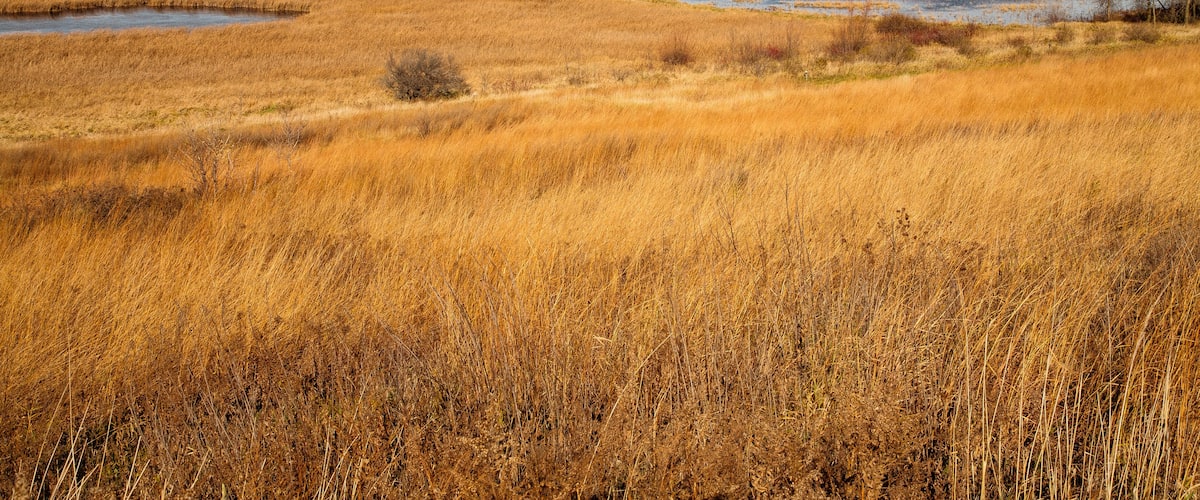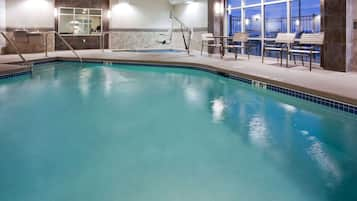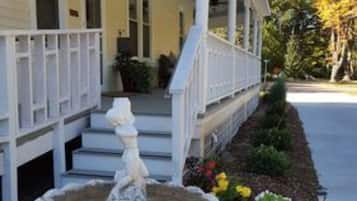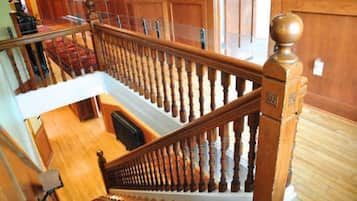Hotels with Spa in Waupun, Wisconsin
- Change your mindBook hotels with free cancellation
- Be pickySearch almost a million properties worldwide
Check availability on Waupun Hotels with Spa
Our top choices for Waupun hotels with a spa

9.0 out of 10, Wonderful, (478)
The price is P5,143
P5,838 total
includes taxes & fees
Jan 4 - Jan 5, 2026
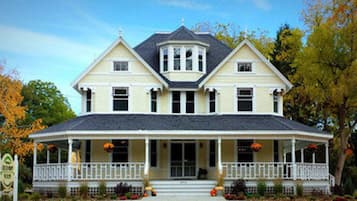
9.6 out of 10, Exceptional, (34)
Lowest nightly price found within the past 24 hours based on a 1 night stay for 2 adults. Prices and availability subject to change. Additional terms may apply.
Top Waupun Hotel Reviews

Cobblestone Suites - Ripon
10/10 Excellent

Wingate by Wyndham Oshkosh
10/10 Excellent
